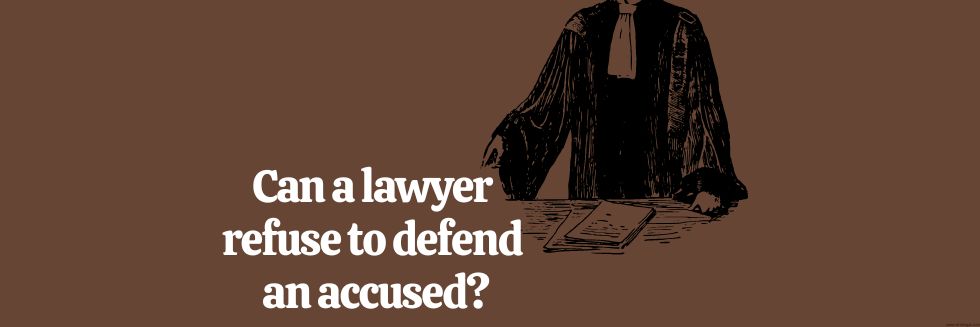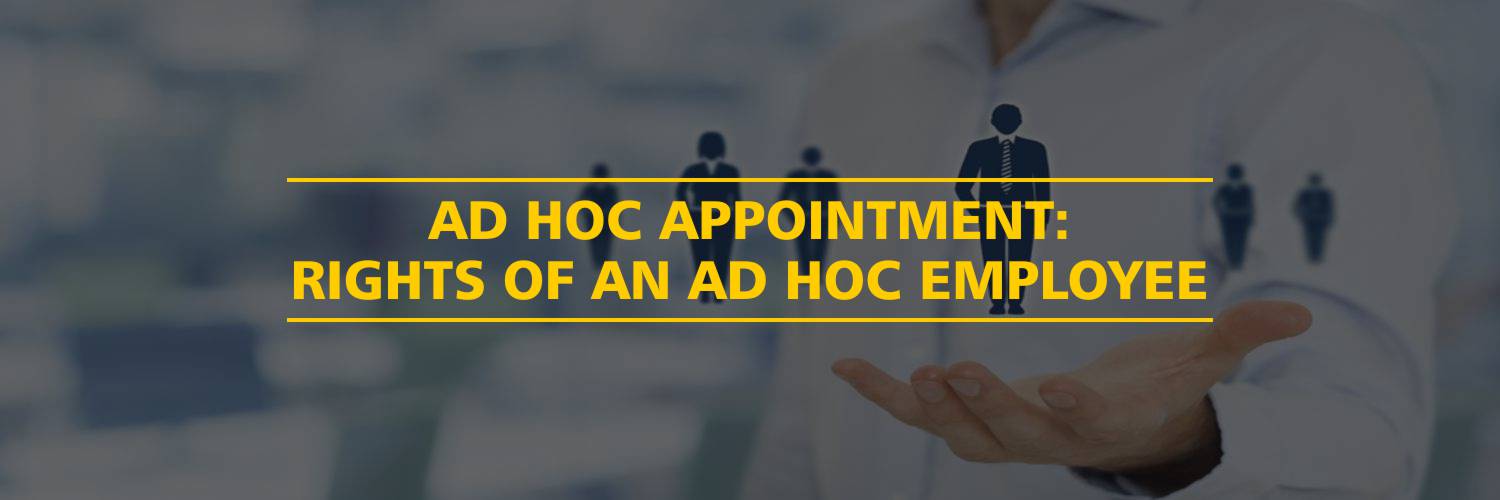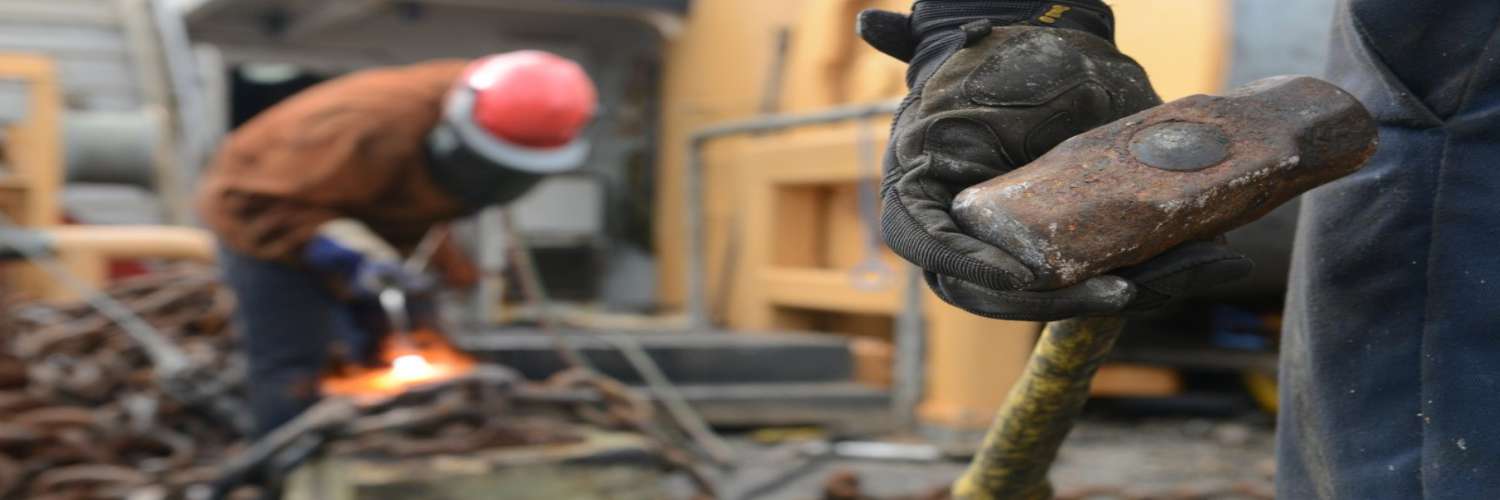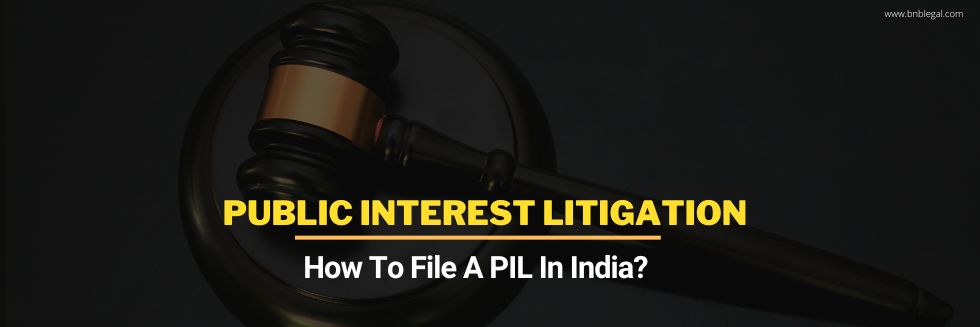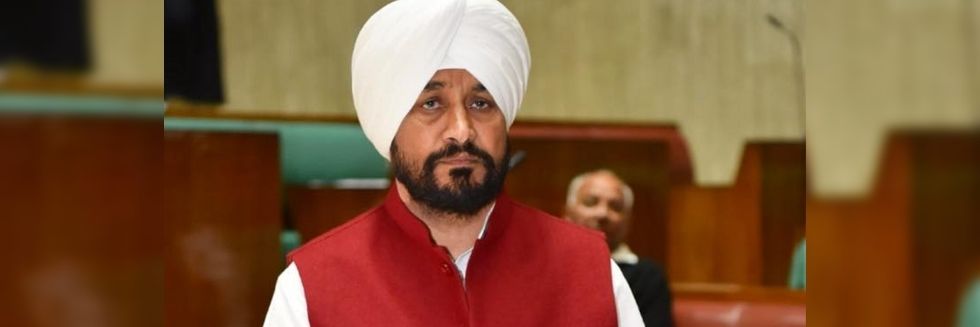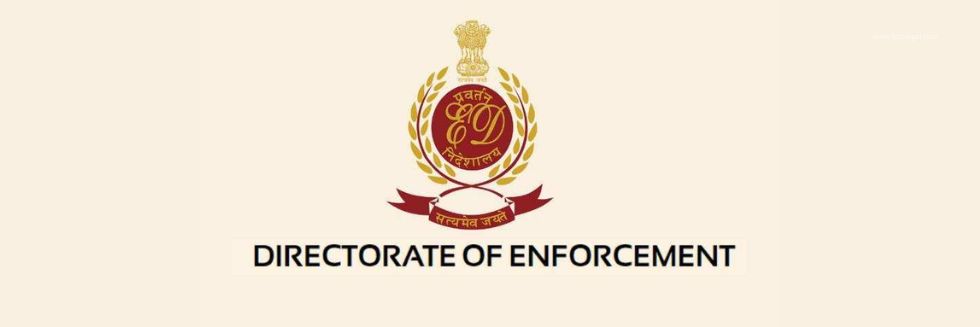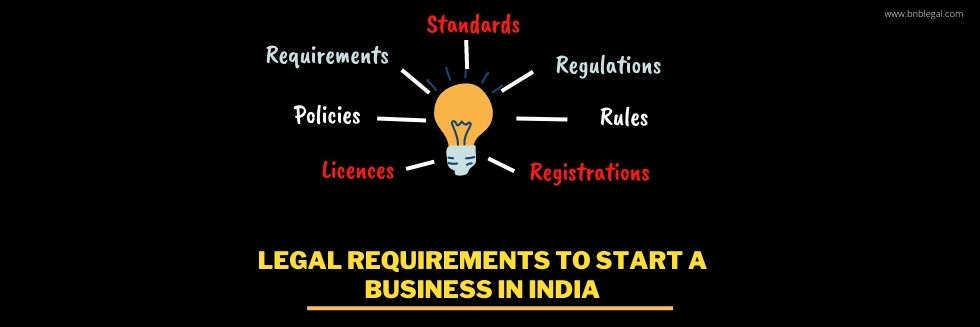A lawyer is considered the “Officer Of The Court”. They have the most significant role in society and a country’s judicial system. When choosing this profession, every legal practitioner thinks of doing their best in the profession and helping the people who are seeking justice. But do lawyers actually have a choice to choose clients? Can a lawyer refuse to defend an accused if that person is either murderer, rapist, or terrorist? Can a lawyer refuse to defend a client who is believed to be guilty?
The answer is NO.
A lawyer cannot refuse to take a client unless he/she is engaged in some other case. By refusing to accept a client’s brief, you are violating a person’s right to be defended. To refuse the services to an accused, a lawyer should have justifiable reasons. Many incidents have been reported in the past where lawyer bodies passed resolutions against lawyers for taking up cases of criminals who have committed heinous crimes. But the judicial system has reminded every lawyer of their responsibilities as an “officer of the court”. Let’s read more about why a lawyer cannot refuse to defend an accused and what is the right to legal representation.
Can Advocates Refuse To Defend An Accused If They Are Sure The Person Is Guilty?
With becoming an advocate, there comes an end number of responsibilities. This profession demands extreme commitment. Your conduct is governed by specific rules and regulations. In most professions, you have the choice to choose a client. But when it comes to the legal profession, you have to keep your ethical conduct before personal opinions.
An advocate should work on the principle of ‘innocent until proven guilty’. The presumption of innocence is a legal principle that every person accused of any crime is considered innocent until proven guilty.
Even after knowing or believing that your client is guilty of an offence, a lawyer has to represent the client with complete professionalism.
Bar Council of India has framed the code of conduct for the lawyers of India. As per that code of conduct, every advocate, on his/her being approached by a litigant, is bound to offer his/her services to him/her unless he/she has a justifiable reason to refuse the services. A lawyer’s conduct is also governed by the rules mentioned in Advocates Act.
An advocate is bound to accept any brief in the courts or tribunals, at a fee consistent with his standing at the Bar and the nature of the case. He/she can only refuse to accept a brief only under certain specific circumstances.
Right Of An Accused To Be Defended Under Constitution Of India
- Article 21 talks about a fair trial to every person.
- Article 14 of the Constitution of India states, “Equality before law – The State shall not deny to any person equality before the law or the equal protection of the laws within the territory of India. Prohibition of discrimination on grounds of religion, race, caste, sex or place of birth.”
- As per Article 22 (1) of the Constitution of India, “no person who is arrested shall be detained in custody without being informed, as soon as may be, of the grounds for which arrest has been made nor shall he be denied his right to consult, and to be defended by, a legal practitioner of his choice.”
- Article 39 A of the Indian Constitution states, “The State shall secure that the operation of the legal system promotes justice, on a basis of equal opportunity, and shall, in particular, provide free legal aid, by suitable legislation or schemes or in any other way, to ensure that opportunities for securing justice are not denied to any citizen by reason of economic or other disabilities.”
Right To Legal Representation Under Code of Criminal Procedure, 1973
Section 303 of the Code of Criminal Procedure states,
“Right of person against whom proceedings are instituted to be defended. Any person accused of an offence before a Criminal Court, or against whom proceedings are instituted under this Code, may of right be defended by a pleader of his choice.”
Section 204 of CrPC states,
“Legal aid to accused at State expense in certain cases.
(1) Where, in a trial before the Court of Session, the accused is not represented by a pleader, and where it appears to the Court that the accused has not sufficient means to engage a pleader, the Court shall assign a pleader for his defence at the expense of the State.
(2) The High Court may, with the previous approval of the State Government, make rules providing for-
(a) the mode of selecting pleaders for defence under sub- section (1);
(b) the facilities to be allowed to such pleaders by the Courts;
(c) the fees payable to such pleaders by the Government, and generally, for carrying out the purposes of sub- section (1).
(3) The State Government may, by notification, direct that, as from such date as may be specified in the notification, the provisions of sub- sections (1) and (2) shall apply in relation to any class of trials before other Courts in the State as they apply in relation to trials before Courts of Session.”
Lawyers Cannot Refuse To Appear For Rapist, Murderer or Terrorist: Supreme Court
Taking note of the increasing trend of lawyers and their associations passing resolutions against representing an accused before the court, Supreme Court in 2010 ruled that the lawyers or their associations cannot refuse to appear for accused whether they are terrorists, rapists, murderers or any others as such refusal would be a violation of the Constitution, Bar Council norms and tenets of the Bhagavad Gita.
The top court bench comprising Justice Markandey Katju and Justice Gyan Sudha Mishra were discussing the illegality of resolutions that were being passed by lawyers or lawyers bodies in cases like A S Mohammed Rafi vs State of Tamil Nadu.
The matter was related to a confrontation between a lawyer and policemen in Coimbatore in 2006. Afterwards, lawyers passed a resolution under which no lawyer was allowed to represent the police personnel. Madras High Court heard the matter and called the lawyers’ act unprofessional. Consequently, they moved the Supreme Court.
The bench stated, “In our opinion, such resolutions are wholly illegal, against all traditions of the bar and against professional ethics. Every person, however wicked, depraved, vile, degenerate, perverted, loathsome, execrable, vicious or repulsive he may be regarded by society has a right to be defended in a court of law and correspondingly, it is the duty of the lawyer to defend him. Such resolutions were against all norms of the Constitution, the statute and professional ethics.
The bench also called it a disgrace to the legal community and declared them null and void.
“It is against the great traditions of the Bar which has always stood up for defending persons accused of a crime. Such a resolution is, in fact, a disgrace to the legal community. We declare that all such resolutions of Bar Associations in India are null and void and the right-minded lawyers should ignore and defy such resolutions if they want democracy and rule of law to be upheld in this country,” the bench added.
Attorney Of The Damned — Clarence Darrow
The Supreme Court bench also referred to American lawyer Clarence Darrow who was strongly of the view that every accused, no matter how wicked, loathsome, vile or repulsive he may be regarded by society has the right to be defended in court.
The apex court further said, “Most lawyers in America refused to accept the briefs of such apparently wicked and loathsome persons e.g brutal killers, terrorists, etc. but Clarence Darrow would accept their briefs and defend them because he was firmly of the view that every person has the right to be defended in a court and correspondingly it was the duty of the lawyer to defend.”
“His defences in various trials of such vicious, repulsive and loathsome persons became historical and made him known in America as the Attorney for the Damned,” the bench had added.
The bench went on say,
“At the Nuremberg trials, the Nazi war criminals responsible for the killing millions of people were defended by lawyers. Indian lawyers have followed this great tradition. The revolutionaries in Bengal during British rule were defended by our lawyers, the Indian communists were defended in the Meerut conspiracy case, razakars of Hyderabad were defended by our lawyers, Sheikh Abdulah and his co-accused were defended by them, and so were some of the alleged assassins of Mahatma Gandhi and Indira Gandhi.
In recent times, Dr. Binayak Sen (Maoist sympathiser) has been defended. No Indian lawyer of repute has ever shirked responsibility on the ground that it will make him unpopular or that it is personally dangerous for him to do so. It was in this great tradition that the eminent Bombay High Court lawyer Bhulabhai Desai defended the accused in the INA trials in the Red Fort at Delhi (November 1945 – May 1946.”
Cases Where Lawyers Refused To Defend Accused
Many incidents have come to light where lawyers have decided to pass resolutions to disallow lawyers from representing an accused with a threat to terminate their membership.
Ajmal Kasab Case
After the 2008 terror attack in Mumbai, every lawyer declined to represent Mohammad Ajmal Amir Kasab, the lone militant arrested. A legal aid lawyer was appointed but he declined. Another lawyer who agreed to defend Kasab started receiving threats. Subsequently, another lawyer was appointed and was given police security.
Late Ram Jethmalani, an eminent Indian lawyer and politician, expressed his disappointment with the lawyers’ decision to not to represent Kasab and stated that no lawyer has the right to say he will not defend an accused.
“There is the express rule of the Bar Council of India that no lawyer shall refuse to defend a person on the grounds that it will make him unpopular. That is something that should never worry a lawyer. No lawyer worth the name should even talk about this kind of a thing,” he had said.
When asked whether the terrorist had approached him to defend him, he stated, “Has Kasab asked me? Let him ask me and I will tell him. Let the Pakistan High Commission approach me and I will give them a proper reply and advice.”
“The lawyer’s duty is to say that on the facts I find no defence. The man is guilty on his own confession… Unless he instructs the lawyer, the confession was obtained by some force or fraud or whatever, which is very unlikely. A lawyer should be able to tell him (the terrorist) that either hanging or life imprisonment is your option. If you want me to tell the court that you should receive life imprisonment I am prepared to do my best,” Jethmalani had said.
Nirbhaya Gang Rape And Murder Case
A spine-chilling gang rape and murder 23-year-old female physiotherapy intern led to worldwide outrage. The lawyers in Saket court passed a resolution not to represent the accused who raped and murdered Nirbhaya.
2019 Hyderabad Gang Rape And Murder
A 26-year-old veterinary doctor was gang-raped and burnt alive in Shamshabad, Hyderabad. The State Bar Association passed a resolution and refused to represent all the four accused who were arrested in connection to the brutal offence. All the four accused were killed in an alleged encounter.
Conclusion
Hopefully, you might have got a clear answer to can a lawyer refuse to defend an accused if he/she feels the person is guilty. The lawyer can refuse to represent a client only under specific circumstances.
View this post on Instagram
This article is written by Varsha. You can reach out to the author via email at bnbvarsha@gmail.com.
